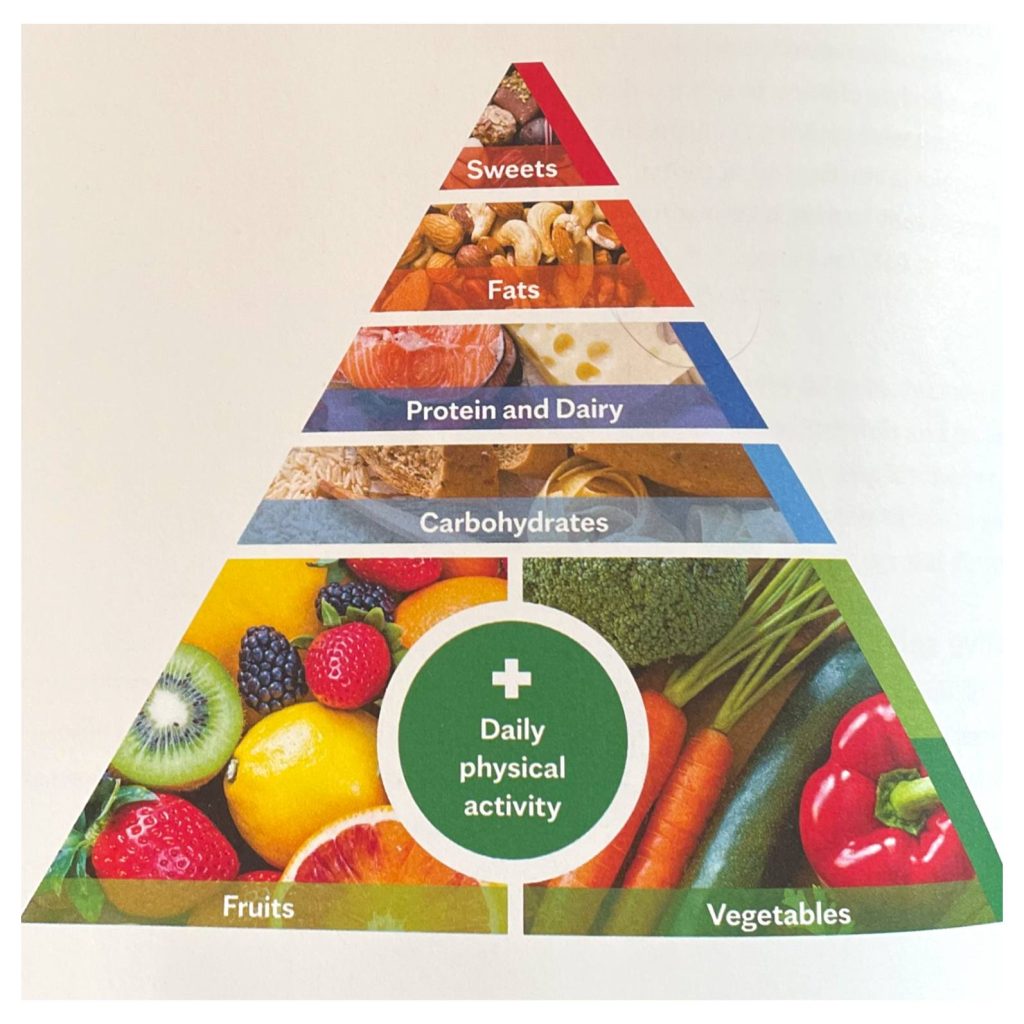
Each new year brings new hope and many weight loss goals that often go unrealized.
"The foundation of any weight loss program, whether it involves different types of programs, medications, procedures — it does get down to lifestyle and diet and physical activity. The way people go about this sometimes isn't productive. Just starving and trying to exercise for a couple of hours a day usually doesn't work well," says Dr. Donald Hensrud, an internal medicine physician specializing in nutrition and weight management, and editor of the "Mayo Clinic Diet."
"The Mayo Clinic diet is more than a diet. It's a lifestyle change program,” Dr. Hensrud says. “Making lifestyle changes that work over a period of time is an approach that works.” That's what he recommends in the newly released third edition of the "Mayo Clinic Diet." It's a long-term weight management program created by a team of experts at Mayo Clinic based on research and clinical experience.
Health impact of weight loss
Losing 5% to 10% of your total body weight may have a significant impact on your health. For instance, a person who weighs 200 pounds and brings the weight down to 190 pounds has a 5% weight loss. This can lower blood pressure, blood sugar levels and levels of fats in the blood called triglycerides, resulting in a reduced risk of heart disease, stroke, diabetes and other medical conditions.
Watch: Dr. Donald Hensrud talks about the "Mayo Clinic Diet."
Journalists: Broadcast-quality video is available in the downloads at the end of the post. Please courtesy: Mayo Clinic News Network. Name super/CG: Donald Hensrud, M.D./Internal Medicine/Mayo Clinic.
Habits
Dr. Hensrud says the Mayo Clinic diet is designed to help people adopt healthy new habits and break unhealthy old ones. It's based on the concept that eating low-calorie dense foods that are healthy can help improve health and better manage weight.
With all habits, it takes time to establish them, says Dr. Hensrud. Planning is key to establishing and maintaining strategies for new healthy habits.
Healthy weight pyramid
"At the base of the Mayo Clinic healthy weight pyramid are fruits and vegetables. We recommend generous amounts of fresh or frozen fruits and vegetables that taste great. They're low in calorie density, so we can eat a lot of food but not get a lot of calories."
Dr. Hensrud says dieting or weight management should be practical and enjoyable.
"In the other food groups on the Mayo Clinic healthy weight pyramid, we recommend healthier choices — whole grains, lean sources of protein and dairy, and heart-healthy fats, such as nuts and olive oil. And there's even, at the tip of the pyramid, a role for sweets," he says. "Nobody has a perfect diet. Everybody needs a treat now and then. By following this dietary program, people can practically and enjoyably manage their weight and improve their health."

"At the center of the pyramid is daily physical activity, again, to better help manage our weight and to improve our overall health," says Dr. Hensrud.
Support new goals
Ranked as a top diet for 2023 by U.S. News and World Report, there isn't one way of eating with the Mayo Clinic diet; there are keto, gluten-free, and Mediterranean diets. And there is an online Mayo Clinic diet program to help support the many challenges of weight loss.
Attempting a weight loss program can feel overwhelming, so Dr. Hensrud recommends starting with baby steps.
"People underestimate how their quality of life can improve by moving more — playing with your grandchildren, doing different activities. And you don't have to starve yourself or go on a diet. That's not sustainable. This can be and should be an enjoyable, realistic and practical journey," says Dr. Hensrud.
Related posts:
- Mayo Clinic Minute: Strategies for health success in the new year.
- I’ve been diagnosed with prediabetes. What does that mean?







